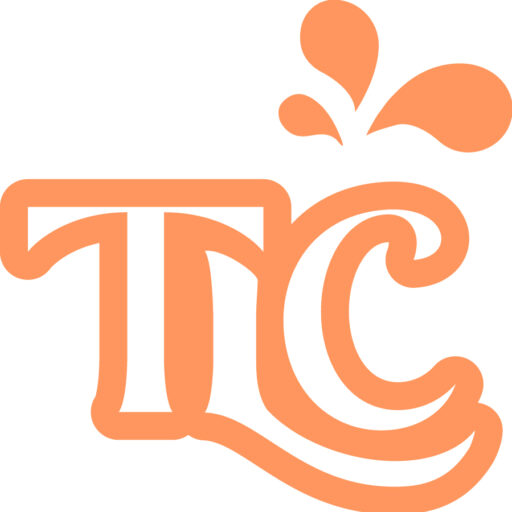How do you fix sore nipples from breastfeeding?
To fix sore nipples, follow these recommendations:
- Change out breast pads frequently.
- Use saline soaks.
- Use ointments or coconut oil before and/or after breastfeeding.
- Express and rub in breastmilk.
- Use gel nursing pads.
- Reduce friction on the nipples; spend time without a bra or shirt on.
- Ensure your bra isn’t too tight; it should be supportive but not restrictive.
- For extreme cases, if you have open sores on your nipples, you may want to use medihoney.
Video Transcript
How do you fix sore nipples from breastfeeding?
It's really common to have sore nipples in the first several weeks after delivering your baby and when you're breastfeeding because your body is getting used to somebody sucking on your breasts all the time.
And during that time, as your body gets more used to it, there are definitely things that you can do to help with your sore nipples so that they don't get worse. And so that after those first couple weeks, breastfeeding can be pain free.
First thing I would recommend is to wear breast pads and change them out as frequently as you need to. If you are not leaking milk, you don't need to change them out very frequently, but you definitely don't want your nipples sitting in a milk-soaked nursing pad very often.
You can also use saline soaks where you would take a bowl of warm water, put salt in it, make a saline soak, and you can rest your breast in that bowl. We don't want to be using a Haakaa with Epsom salts in it. Um, that can cause more damage to your nipples. So just doing a bowl of that saline soaking your breast in it.
You can also use other nipple ointments to help, whether that is an herbal nipple ointment, a coconut oil-based nipple ointment. There are plenty out there to choose from and they can be great options to help with healing your nipples.
You can also use gel pads and whether you get these in the hospital or you buy them from the store, they're gonna look different and you can use them in different ways, but you'll put those on your nipples. They're very soothing and healing to your nipples.
You can also use your own breast milk. Hand expressing out a little bit of that colostrum or breast milk and rubbing it on your nipple can help to soothe and heal your nipple.
You also wanna reduce friction on your nipples, so occasionally if your nipples are feeling really sore, you can actually take off your clothes, let your breasts and your nipples just breathe the fresh air and have nothing rubbing on them. That can be really soothing as well.
There are a couple other things that can help, like making sure your bra isn't too tight. You want a good, supportive, well-fitting bra, but we don't want it to be restrictive and putting pressure on your breast tissue while you're breastfeeding.
And last if nothing else is helping. If your nipples are getting worse, getting cracked, bleeding, having open sores, then what you can use is MediHoney. MediHoney can be really helpful to heal sores, cracks, and get your nipples back to normal so that you can have a pain-free breastfeeding journey.
There are other things that could also be causing your nipples to be sore and tender that are not just from your nipples getting used to breastfeeding. So if you are having a painful latch every time baby latches onto the breast, it could be more of baby's latch and not just your body getting used to the sensation of breastfeeding. And in those cases, you'll want to meet with an International Board Certified Lactation Consultant (IBCLC), to assess baby's latch, assess baby's tongue movement and functionality, and figure out how we can help you and your baby to have the best breastfeeding journey possible.
Anna Burch, IBCLC
You should also identify and resolve the original cause of your sore nipples.
The most common causes of sore nipples:
- It can be normal to have nipple soreness during the first few weeks of breastfeeding
- Identify latch issues
- Attempt a deeper latch
- Try different breastfeeding positions
- Make sure you are breaking suction before removing the baby from your breast
- If you have difficulty with latch, consider talking with an IBCLC to evaluate your baby's latch
- Could you have yeast? Are your nipples red or shiny?
- Do you have a milk bleb? A milk bleb or blister will generally resolve within 48 hours on their own.

